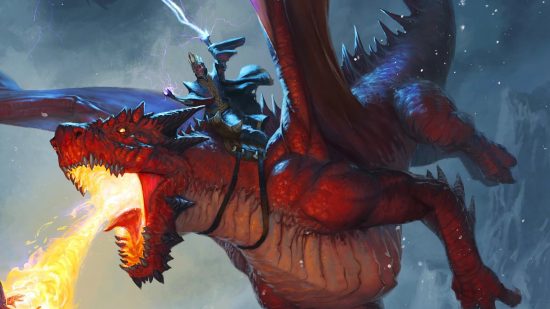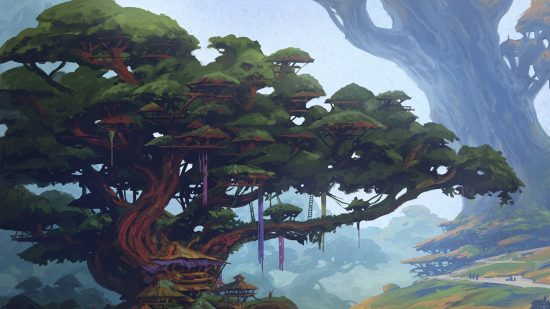Dungeons and Dragons has got a lot of competition right now, and it’s probably great for fans of the game who were distressed by the OGL incident last year. With lots of new RPG titles presenting a similar experience to the oldest roleplaying game, Wizards of the Coast can’t afford to deviate from the straight and narrow.
Of course, DnD has never been the only game in town. Nor has it necessarily been the most interesting part of the tabletop RPG world, as much as it has always dominated the scene. Plenty of ‘competitors’ exist, and they cover a lot of ground: from story games, to the old school revival, to horror RPGs like Call of Cthulhu.
But what seems to be fairly new of late is a selection of RPGs that market themselves as clear alternatives to Dungeons and Dragons, presenting quite a similar classic fantasy experience. Rather than deviating wildly, these new titles hew closely to their great-grandfather – and some are even 5e-compatible.
Just as Pathfinder sprang out of the controversy around 4e, a smattering of new games have the DnD OGL crisis of yesteryear as their dark superhero origin story. Other DnD competitors might not have been directly informed by the events of last year, but just happen to have chosen the present moment as the right time to launch.
In this week alone, Critical Role’s fantasy RPG Daggerheart launched a new v1.4 playtest, and Kobold Press dropped its Tales of the Valiant reference document published under the ORC license (roughly equivalent to the OGL). Meanwhile, DnD designer (editor of the 2014 core rulebooks) Scott Fitzgerald Gray has been sharing a playtest of his own new system, CORE20.
All three games have their differences with 5e DnD, but all three seem designed to be recognisable and approachable to current DnD fans. All three seem like they’d be easy to transfer over to.
In other news this week, Wizards of the Coast announced that the next version of Dungeons and Dragons, what once was called ‘One DnD’, but right now doesn’t seem to have a clear title beyond ‘2024 rulebooks’, will be included in the 5e SRD. The new rules, monsters, and DnD subclasses, plus all the little tweaks that are made to the game, will be placed in Creative Commons in 2025, ready for third party creators to go wild.
We’re not trying to say that one set of events informed the other – the precise timing here is obviously a coincidence. But the number of new DnD alternatives coming out is surely a reminder to Wizards of what stands to lose if it pushes third party creators and fans away, like it almost did 16 months ago.
For more Dungeons and Dragons content, check out our guides to all the many, many DnD classes and DnD races.

